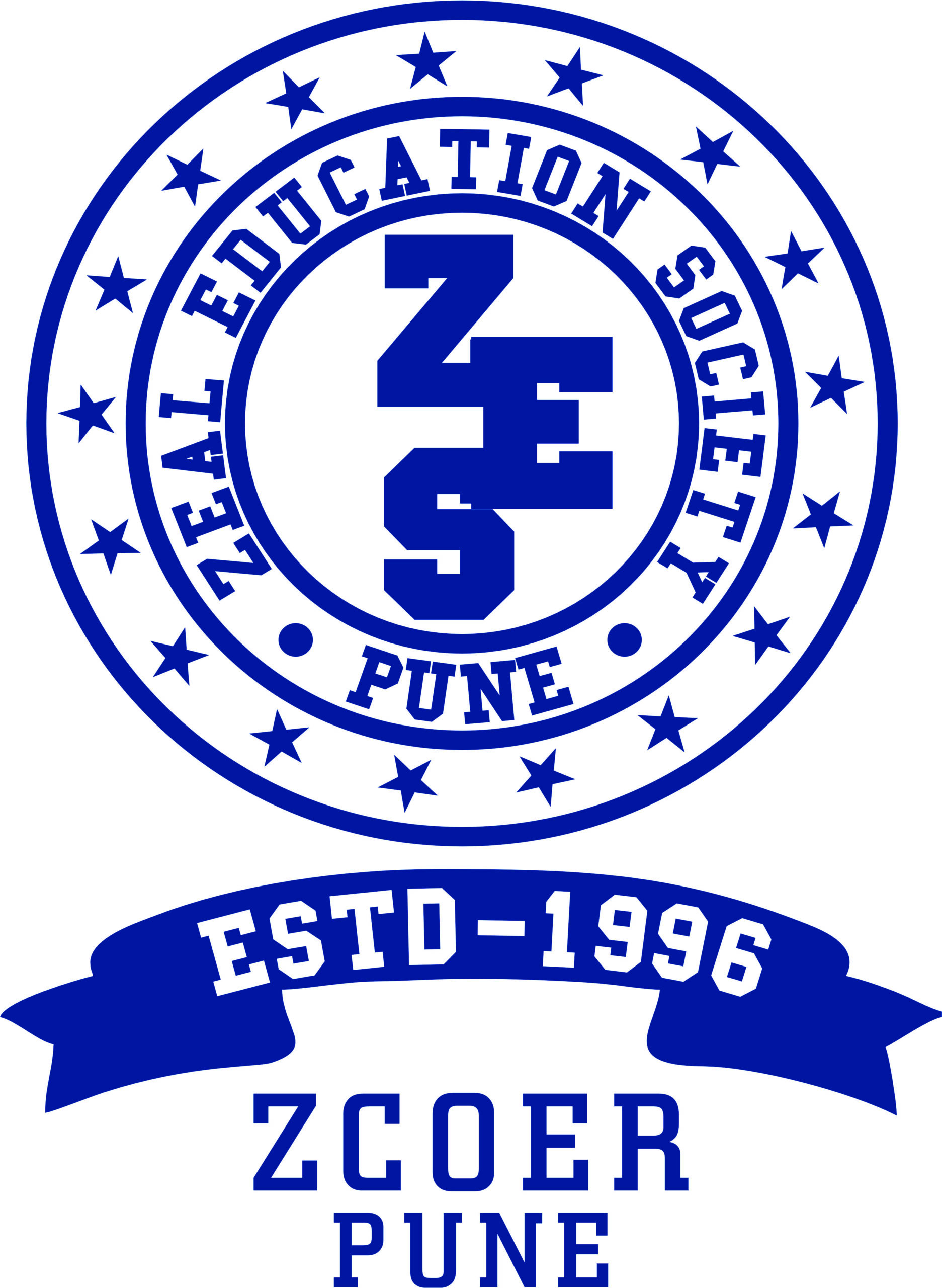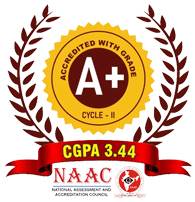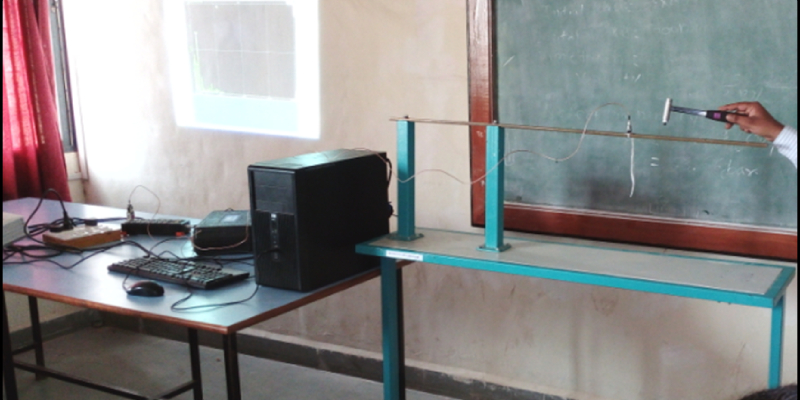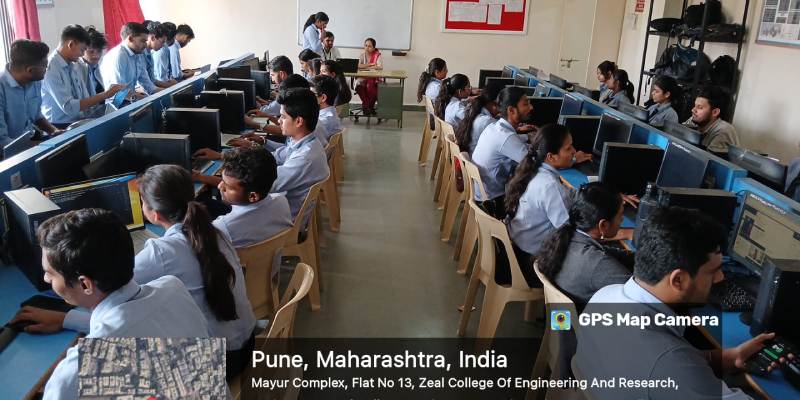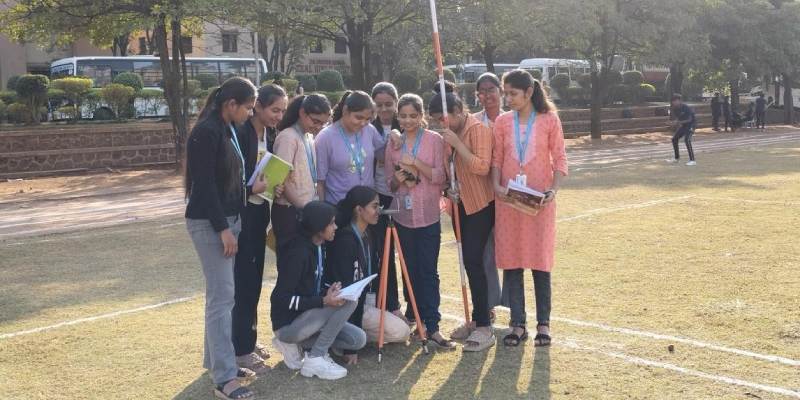Name of Expert/Trainer: Dr. H. P. Jagtap
Objective:
To provide a comprehensive understanding of the application, functionality, and practical use of FFT analyzers in various fields such as signal processing, and vibration analysis
Summary:
The workshop aimed at introducing both theoretical concepts and practical approaches for using FFT technology in real-world scenarios.
One day workshop for students on FFT Analyzer was designed to achieve the following objectives
- To introduce the fundamentals of FFT analysis
- To provide practical experience on how to operate FFT analyzers effectively
- To explain the applications of FFT in signal processing, noise measurement, and system troubleshooting
One-day workshop on FFT Analyzer was conducted on 13/03/2024 (Tuesday) for Second Year Mechanical Engineering students of Zeal Engineering College of engineering and research, Narhe, Pune. One-day training was conducted for all students of Second Year which includes 20 students per batch. This program was conducted by Dr. H.P. Jagtap in the guidance of HOD Mechanical Engineering Department at Dynamics of Machinery Laborary.
The workshop was conducted into several sessions to cover both theoretical concepts and hands-on practice:
Session 1: Introduction to FFT and its Significance
The session covered the basics of Fourier Transform and its Fast Fourier Transform (FFT) implementation. The trainer explained how FFT is used to analyze the frequency content of signals and its importance in modern signal processing.
Session 2: Practical Applications of FFT Analyzers
This session delved into real-world applications of FFT in industries like telecommunications, mechanical systems, and electronics. Various case studies were discussed, showcasing how FFT is used in vibration analysis, noise detection, and communication systems.
Session 3: Operating the FFT Analyzer
Participants were given a live demonstration of how to operate FFT analyzers, configure them, and collect data from different types of signals. This session included practical tasks such as measuring vibrations in machines, evaluating noise levels, and analyzing signals for system optimization.
Session 4: Data Interpretation and Troubleshooting
In this session, the attendees learned how to interpret FFT results, identify key frequency components, and troubleshoot issues based on the analysis. Real-time examples were provided to help participants better understand how to use FFT data for system diagnostics.
Session 5: Q&A and Knowledge Sharing
The final session provided an interactive platform for participants to ask questions, share experiences, and discuss challenges they face in their respective fields. This session helped in clarifying doubts and solidifying understanding.
Submit your review | |
1 2 3 4 5 | |
Submit Cancel | |
